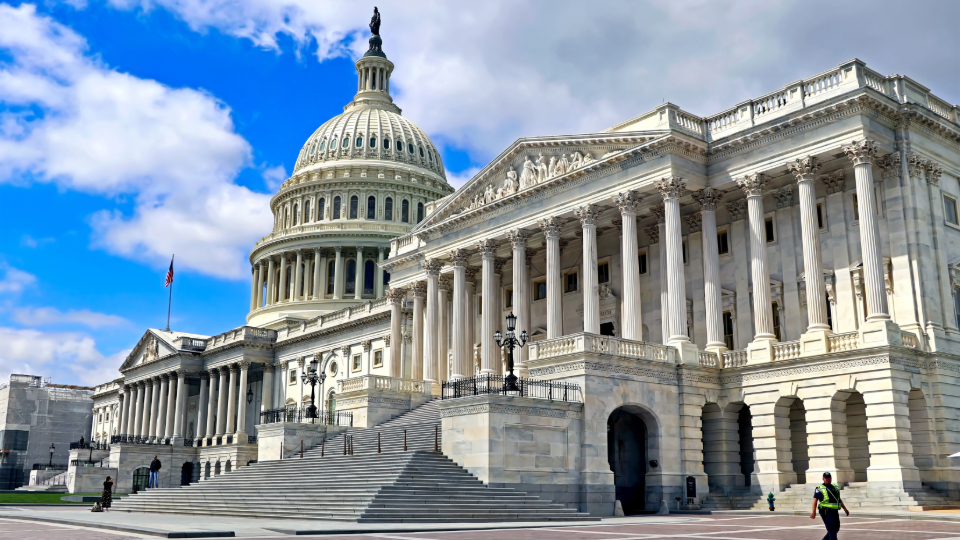Blog

May 1, 2019
New Legislation Makes it Easier to Save for Retirement
On April 1, 2019 the Senate Finance Committee introduced the Retirement Enhancement and Savings Act (RESA) of 2019, which mirrors the House Ways & Means Committee’s SECURE Act of 2019 that was unanimously approved in a vote by that committee.
With both acts receiving bipartisan support this is the best opportunity for retirement security legislation to pass Congress in more than a decade.
Here are some of the key provisions currently contained in the SECURE Act of 2019:
Increasing the Auto Enrollment Safe Harbor Cap
Employees typically choose to allocate 3% to 6% of their income to the Auto Enroll Feature and currently they can add an escalation clause that can raise their contribution to 1% a year thereafter. The maximum will be increased from 10% to 15%.
Increased Tax Credit for Small Employer Pension Plan Start-Up Costs
Congress wants to make it more affordable for small businesses to establish retirement plans. This legislation increases the tax credit by changing the calculation to the greater of (1) $500 or (2) the lesser of (a) $250 multiplied by the number of non-highly compensated employees—of the employer who are eligible to participate in the plan or (b) $5,000. The credit applies for up to three years.
Small Employer Automatic Enrollment Credit
The legislation creates a new tax credit of up to $500 per year to employers, to defray startup costs for new 401(k) plans, and SIMPLE IRA plans that include automatic enrollment. The credit is in addition to the plan start-up credit allowed under present law and would be available for three years. The credit would also be available to employers that convert an existing plan to an automatic enrollment design.
Repeal of Maximum Age for Traditional IRA Contributions
The legislation repeals the prohibition on contributions to a traditional IRA, by an individual who has attained age 70½.
Portability of Lifetime Income Options
Permits 401(k) and profit sharing plans to transfer to another employer-sponsored retirement plan or IRA of lifetime income investments. The change will permit participants to preserve their lifetime income investments and avoid surrender charges and fees.
Increase in Age for Required Beginning Date for Mandatory Distributions
This bill increases the required minimum distribution age from 70½ to 72 year of age.
Plans Adopted by Filing Due Date Treated as Close of Taxable Year Event
Permits businesses to treat Plans adopted before the due date (including extensions) of the tax return for the taxable year, as having been adopted as of the last day of the taxable year. The additional time to establish a plan provides flexibility for employers considering adopting a Plan.
This legislation needs to be voted on by Congress, but due to their very busy schedule, we don’t know if this will undergo a vote this year or not. If this legislation is passed, it is uncertain when it will become effective, but we will keep you posted.
Author: Robert Gorelick, APA, Founder Benefit Equity Inc.
Recent Posts
Year-End Festivities Are Here, But BEI Helps You Secure Your Team’s Future Year-Round
Team Spotlight: Highlighting BEI Team Member Peter Manning
Who Is Actually Responsible for Annual Retirement Plan Participant Notices?
Why Wealth Advisors Trust BEI—Even When Things Don’t Go As Planned
Roth Catch Up Practices & Procedures